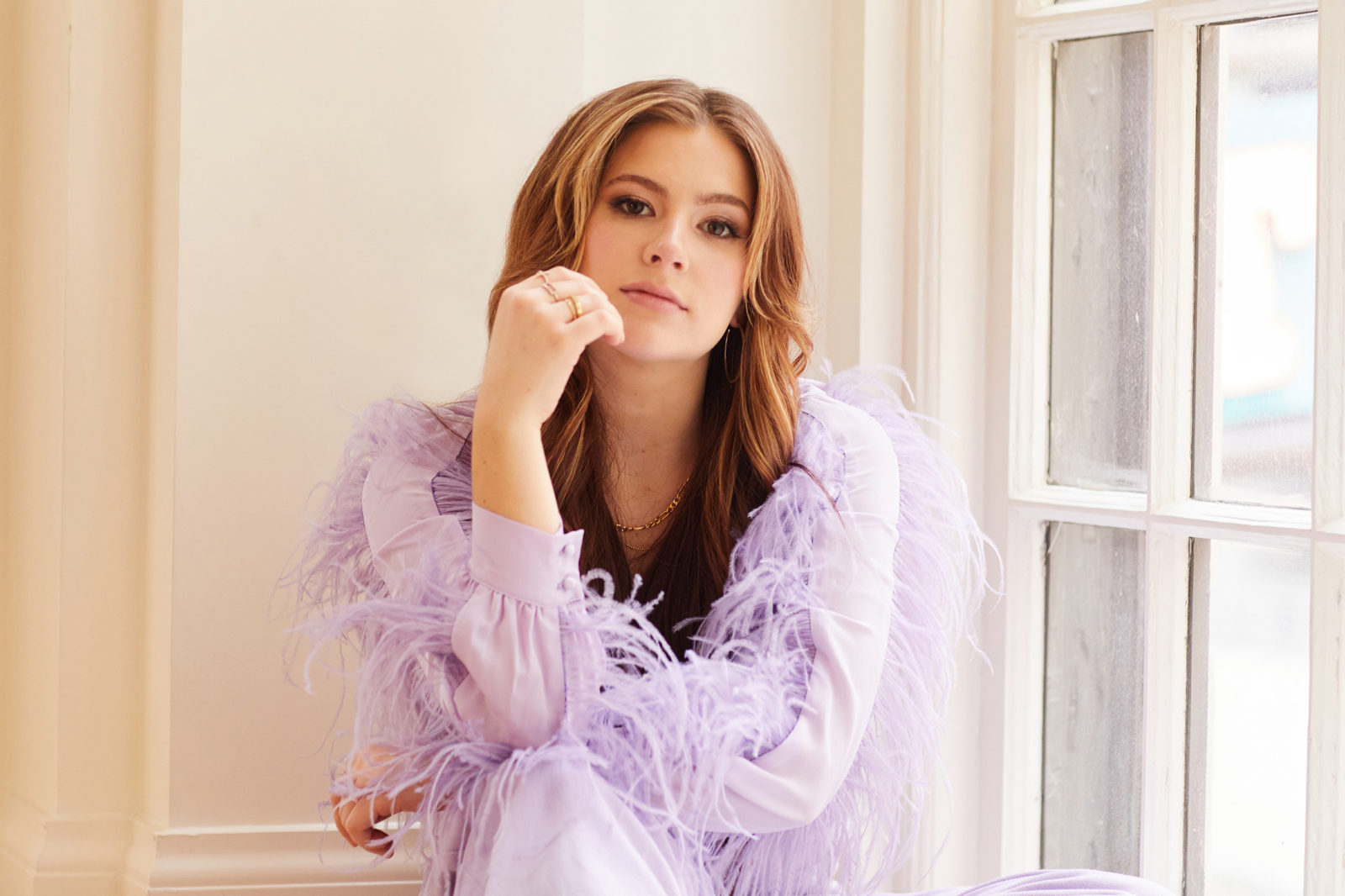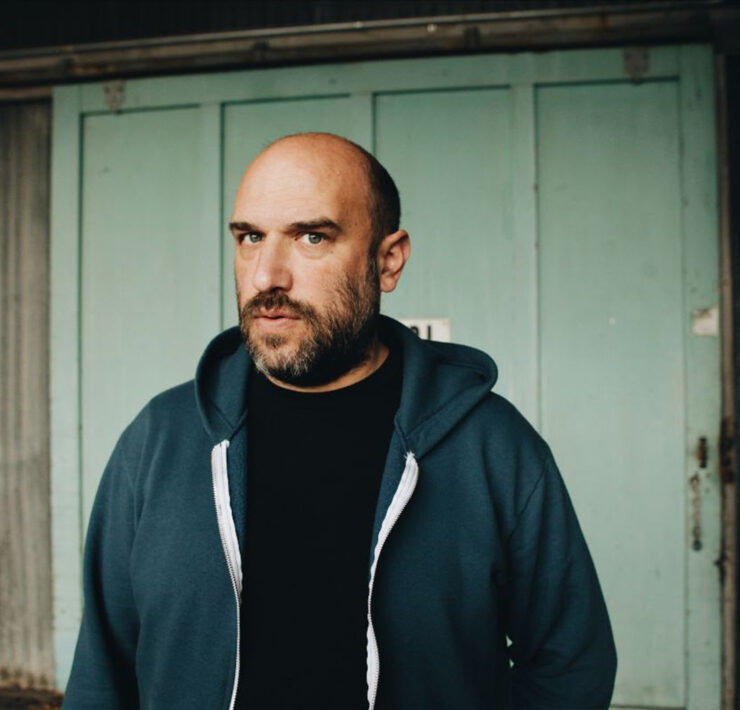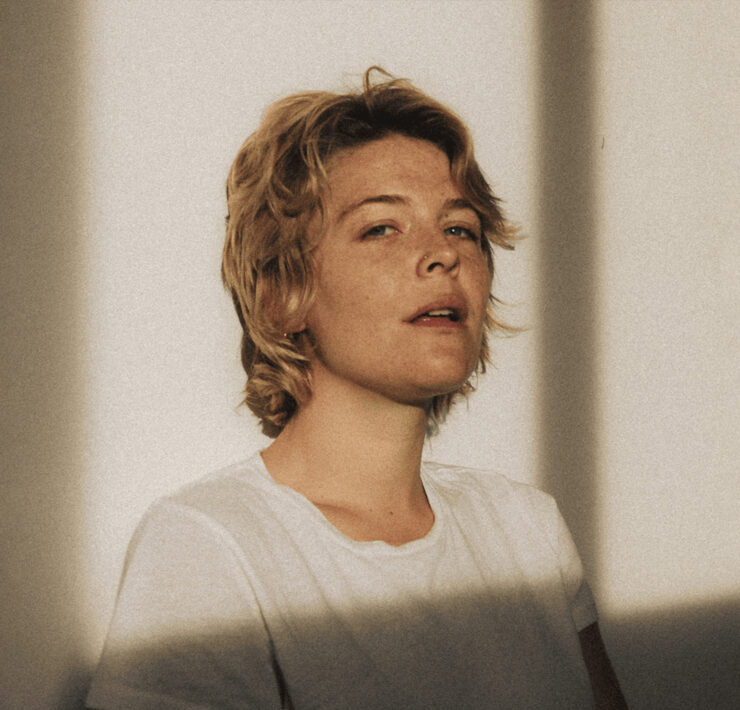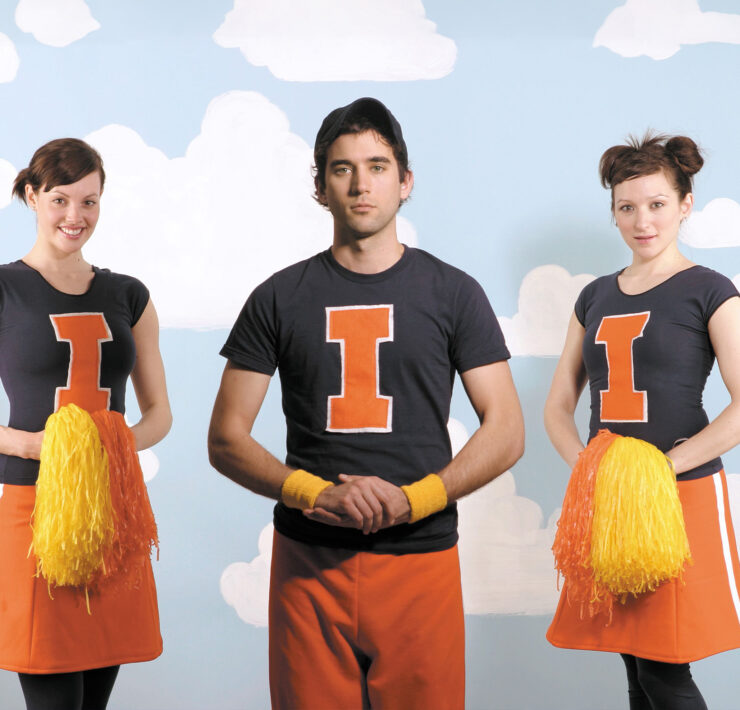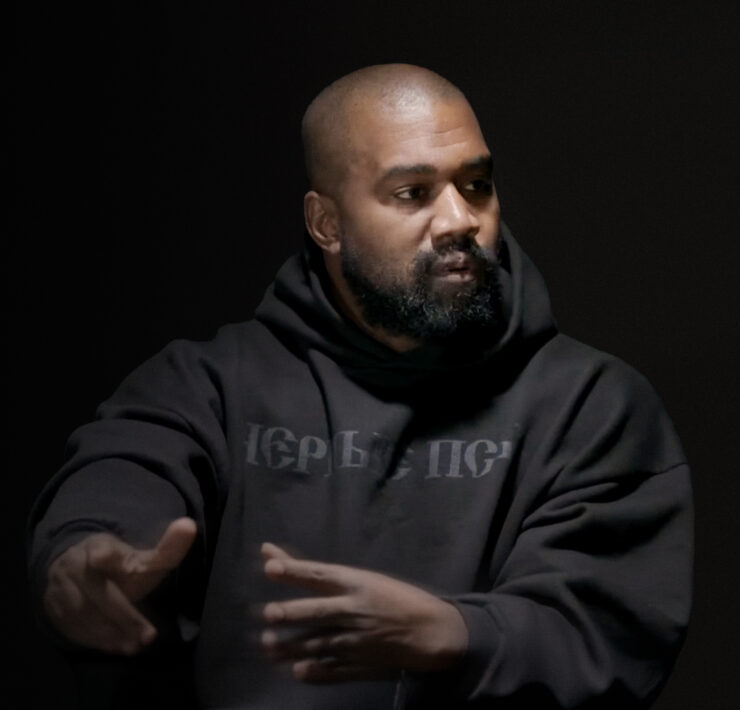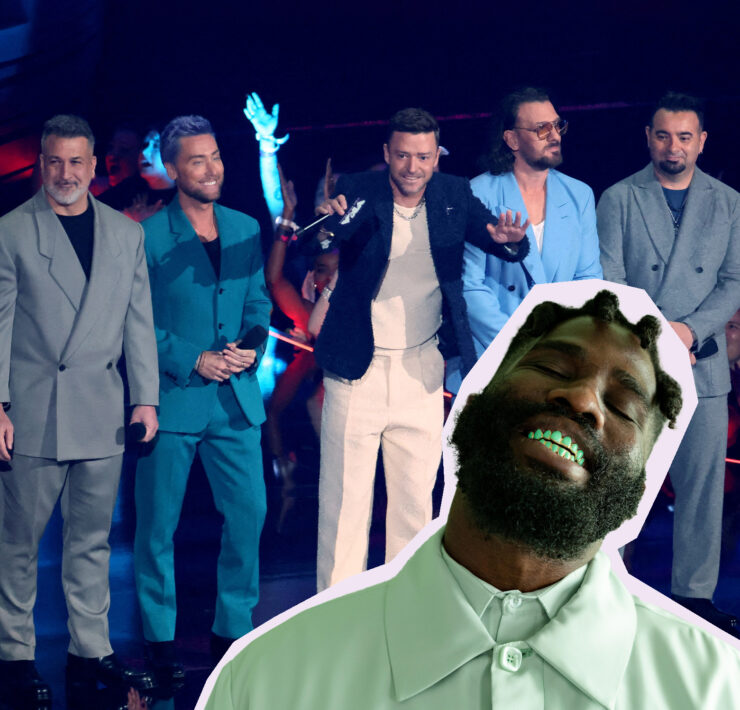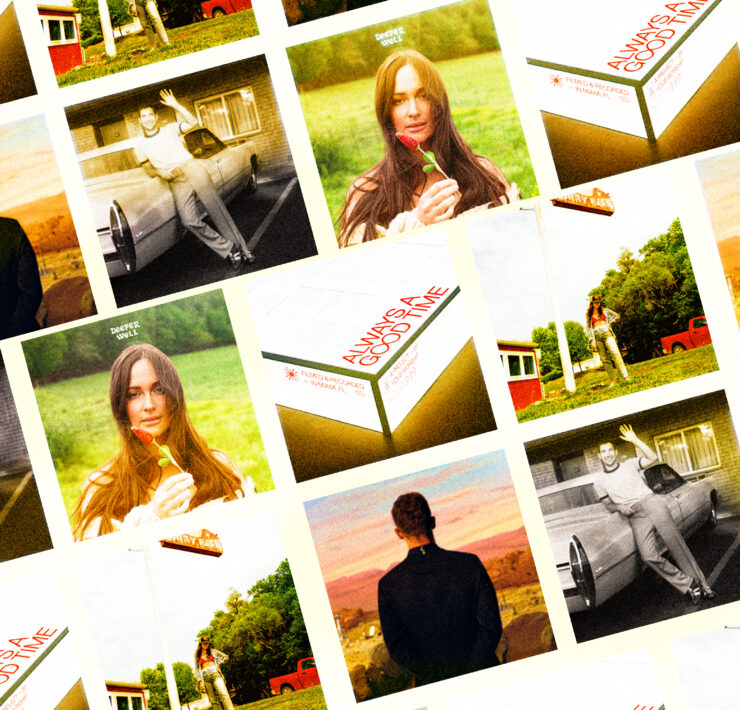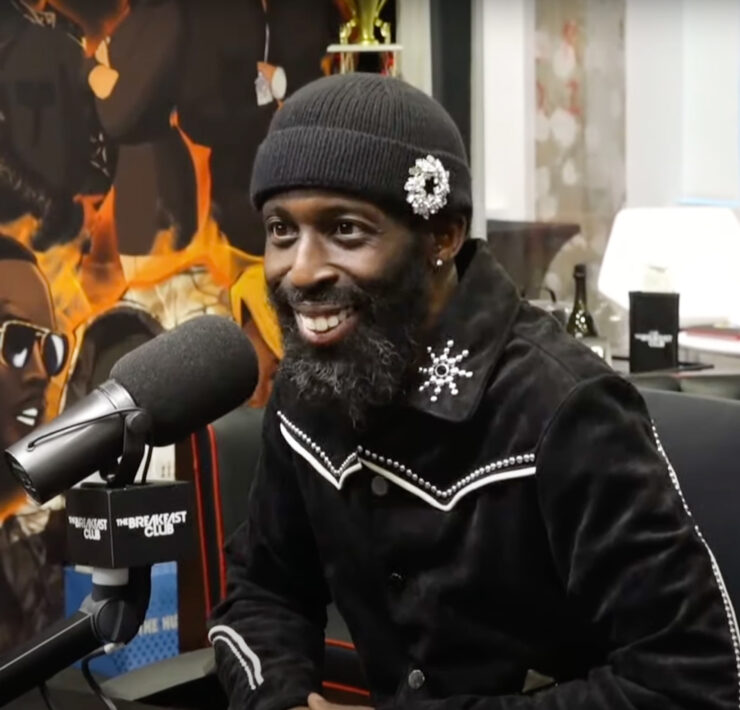210 million streams don’t lie. Riley Clemmons is a big deal. The Nashville singer/songwriter has very quickly become an indispensable part of the music industry, channeling gentle, poignant observations about her faith into irresistible songs. With her new album Godsend, she’s proved herself a formidable talent with a long career ahead of her — one we’re excited to watch. She told us a little about how she got started in music, finding the discipline to stay creative and how being authentic has changed for her over the years. This conversation has been lightly edited for length and clarity.
What’s your origin story?
I’m a born and raised Nashvillian, a proper rarity. My family’s from here. I grew up around music. Music culture was very normal. When you go to your parents born and raised in Nashville and say, “Mom and dad, I want to write and sing music for my career,” nobody looks at you crazy.
Then a total God moment, honestly: I can’t credit it to anything else. I was singing in a choir concert in the eighth grade and there was a music manager there to see his daughter. I ended up meeting him.
From there on, I started co-writing in Nashville with incredible writers and producers, learning the ropes, learning the craft, signed a publishing deal when I was 15 and signed with my label when I was 17. It’s been a whirlwind, but it’s been such a blessing to get to write music that I’m passionate about and share with the world.
You went to your parents and told them you wanted to do music and they were pretty much like “sure”?
Well, I’m saying this at 11 or 12. When an 11 or 12 year old has the dream, it doesn’t feel as imminent. I think it was all a surprise when things started happening so quickly.
But my parents were always very open and encouraging. They were also very involved in everything that was happening to make sure that in the industry, my interests were protected.
You knew you wanted to sing. Was writing always part of the plan?
I credit this to being a Nashvillian born and raised. I didn’t really know that people released music that they didn’t write. That never occurred to me as a kid. I wanted to use my platform to actually express what was going on in my world. Really, the only way to achieve that is to be integral in the process of creating your sound and your writing.
Do you remember the first song you ever wrote?
Yeah, I do. It was awful.
No way. “Awful”?
I think my first proper song I wrote was in an old journal. I was probably seven or eight in the back of a car on a road trip. You get bored so you write songs in the backseat. Do all kids do that?
Maybe all Nashville kids do.
It becomes a natural thing. I was always writing, always making poems. It felt very, very much like it was what I felt called and led to do so I just followed that.
How has experience changed your beliefs about songwriting? Or has your perspective changed much over time?
Absolutely it’s changed. When I was first starting off writing, I told myself the goal was to be authentic. I think it’s one thing to say that, but as a young writer, authenticity means a completely different thing.
Now at 21, when I sit down and write songs, my life, my experiences have informed how authentic, how real, how raw my writing can be. I think it’s the same thing with a relationship with God. The older you get, the more informed your life experiences are, the more you have to say, and the more specifically you can talk about it.
Do you remember the first time you really felt like your career was taking off? Was there a moment or is it more of a process?
It’s one of those things you don’t really know what’s happening until you look back and you’re like, “Whoa.” One of the bigger moments for me was the Dove Awards. Growing up in Nashville, I would go to the Doves. It was a part of the city. It was a part of what I looked up to. I think having the opportunity to play one of the songs I had written at the Doves and be nominated for an award was one of those moments where I really had to take a step back and be like, “When did this happen?” I’m very grateful for that experience.
When it comes to writing your first album, how did you know when you were done? When were you like, “No more tinkering. It’s time to release this.”
I would tinker forever. I would go back and make little changes or try to write a better song all day long. I think that’s the tortured spirit of a perfectionist artist: you’re never going to have the perfect project. You’re never going to make the perfect record. At some point you have to look at the work that you did, be proud of it because if it’s honest, then you’ve done the work that needs to be done, release it and let it go. Sometimes the longer things are stewed over, the more downhill it tends to go.
Do you have a favorite song off of it?
One is “Godsend.” That song just feels like …the whole writing experience. I was floating. It was the craziest. It was a very special session, a special song.
How so?
It was just …I have never written a song in that way before. It was at the beginning of 2020, the beginning of the pandemic. It was in March. Everything shut down. I was pulled off of the road. Life was changing for everybody. You’re seeing tons of crazy news and the world started feeling really heavy. I think everybody was feeling that.
I did what I always do in times when I don’t know what else to do. I wanted to write. The only way to do that at the time was through Zoom sessions. I sat on the floor of my childhood bedroom with a little dinky, tiny keyboard, and I FaceTimed two of my friends and we wrote “Godsend” in a couple hours. Then that was that.
I recorded the demo for it using my phone. We turned it in and I knew in that moment that it was going to be the title track of the record.
That’s really interesting because a lot of people – myself included – have had a very difficult time being creative during all this. The stress of being in a pandemic wears on you.
It was very up and down for me. I would go through a couple months where I would feel super inspired and want to write, and then a couple months where I would go through really, really tough, dry spells of writing.
Sometimes you get songs out of those seasons of feeling uninspired. Sometimes you don’t. We got a song on the new record called “When Nothing Hurts” based on a time over that year when I was just really at a good place and didn’t have anything I wanted to write about. “When Nothing Hurts.” what do you write about? We wrote a song from that.
You find your ways around it, but creative block is no joke and any creative who doesn’t feel that: teach us your secrets. We need to know. But I definitely struggle with lack of inspiration sometimes. It’s very human.
How’s the music industry been for you? You hear a lot of stories about it being very difficult to maintain your principles and your integrity once you start working in showbiz.
None of that is a myth. You do have pockets of the industry — specific people — that can make you either feel like you’re on the top of the world or make you feel like you’re a shred of a person. Which is tough but I think. in a lot of ways, very character building. That’s why you look at the industry and you see it break some people, but you also see some people really rise to the occasion because it does force you to ask yourself the question: what matters to me? What are my priorities in an industry that doesn’t always value them?
When it comes to being an artist, it all goes back to what do you have when you fall asleep? What are you thinking about? What’s on your mind? For me, it goes back to this: while my faith inspires my music, my faith would still exist if my music didn’t.
My faith is the lens that I view my entire world and life through. I think so long as that is the foundation, I’ll be able to stay rooted.
I’m always impressed with people who know how to take those big, complex truths and put them into song. That’s not easy.
It depends on the day. I think sometimes when you’re writing music, any type of music, the feelings that you’re feeling, the experiences, the truths that you know, flow easily and you go into the studio and you knock one out.
It can be the very next day and the words won’t come and it’s a harder feeling. It really depends. It’s so unpredictable. But I think a lot of the times when it’s tougher, you can get a richer song out of it. But sometimes when it’s easy and simple, you can get a really pure song out of it.








